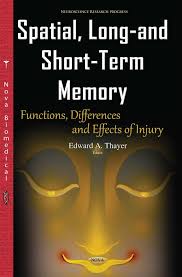In the present study, participants had to rate words for their relevance in an ancestral survival scenario (e.g., is bottle relevant in the fictious scenario of being stranded in the grasslands of a foreign land without basic supplies) and for their pleasantness (e.g., is bottle a pleasant word?). A distractor task lasting a few minutes followed and the participants were then tested on their recall of the words. We used fNIRS to bilaterally monitor the dorsolateral-prefrontal cortex (DLPFC, known to be involved in strategic encoding) during the processing of verbal material in these two deep encoding situations. At the behavioral level, we replicated the survival processing advantage in recall rates, with the result that words processed for their survival value were better remembered than words processed for their pleasantness value. Importantly, at the neural level, we observed a lesser activation of the DLPFC during verbal encoding in the pleasantness condition compared to the survival condition, thus supporting the hypothesis that the survival processing advantage is underpinned by effortful processes, and more specifically relational processing.
Spotlight on the survival processing advantage: An fNIRS study on adaptive memory
